In today’s economic and technological revolution, the world is rapidly depleting its natural resources.
Top Wealthy Countries in the World by Natural Resources
Natural resources refer to the reserves of fuels and minerals in various countries. With the increasing population and demand, the use of these natural resources has surged, leading to rising prices of coal, natural gas, and crude oil.
Consequently, the economies of countries rich in minerals are becoming increasingly robust.
1. Russia
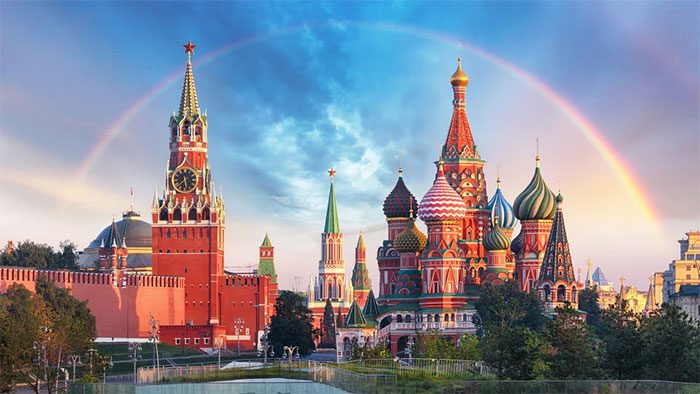
Photo: Indus Travels.
Russia possesses the most abundant natural resources in the world. With its vast territory, the country has significant reserves of gold, timber, and coal.
It has the second-largest coal reserves, and in terms of gold reserves, Russia ranks third globally. The estimated value of natural resources in Russia is around $75.5 trillion.
2. United States
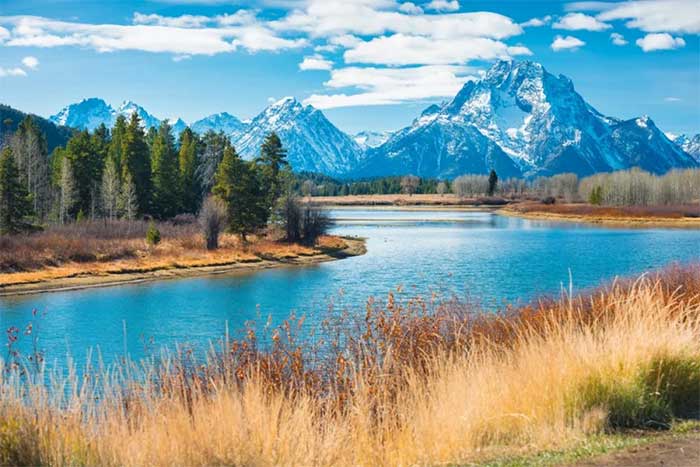
Photo: Pinterest.
The United States is currently the world’s superpower. The natural resources of this country are valued at over $45 trillion.
About 31.2% of the world’s coal reserves are located in the U.S. The country’s coal and timber resources account for approximately 89%. The U.S. is also among the top five countries with abundant reserves of copper, gold, and natural gas. Additionally, it is fortunate to have vast forested areas that provide a large supply of timber.
3. Saudi Arabia
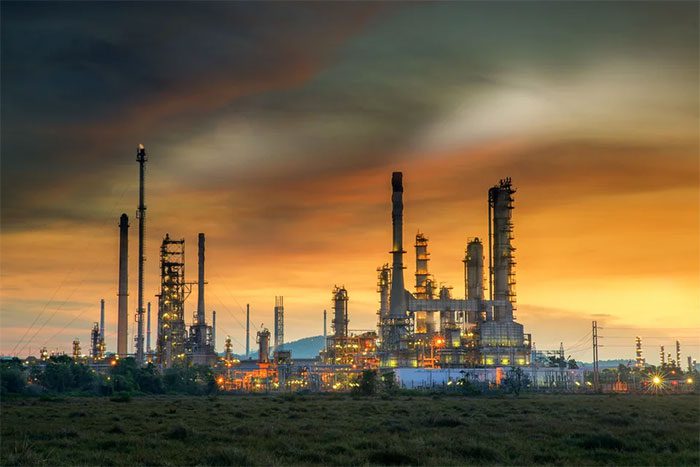
Photo: Al Arabiya.
Ranking third is the Kingdom of Saudi Arabia in the Middle East. The value of the country’s natural resources is estimated at $34.4 trillion.
About 20% of the world’s oil comes from Saudi Arabia. Hydrocarbons, including gas and oil, are the main sources of electricity production in the country. Currently, the natural gas reserves in this country are the fifth largest in the world.
4. Canada
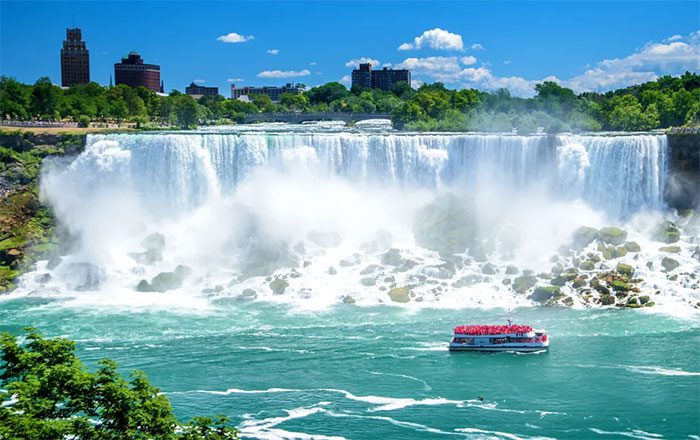
Photo: Shutterstock.
The value of natural resource reserves in Canada is approximately $33.2 trillion. The total reserves of oil sands have placed this country fourth on the list.
Recent statistics show that Canada has 178.1 billion barrels, accounting for about 17.8% of the world’s total oil reserves, second only to Saudi Arabia. This country also has significant phosphate reserves and is the second-largest holder of uranium globally. Additionally, the timber production industry ranks third worldwide.
5. China
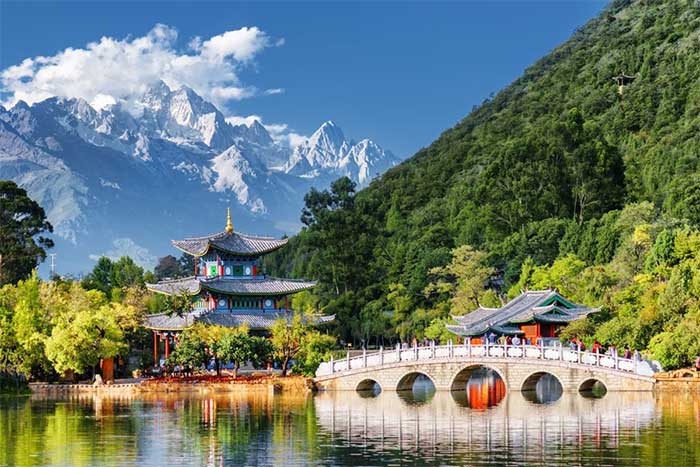
Photo: Wfklee.
China is considered one of the rising superpowers of the century. The total value of the country’s resource reserves reaches $23 trillion.
It is rich in minerals and coal. China’s coal reserves account for about 13% of the world’s total coal reserves. Recently discovered shale gas reserves are also expected to boost the country’s revenue.
6. Iran
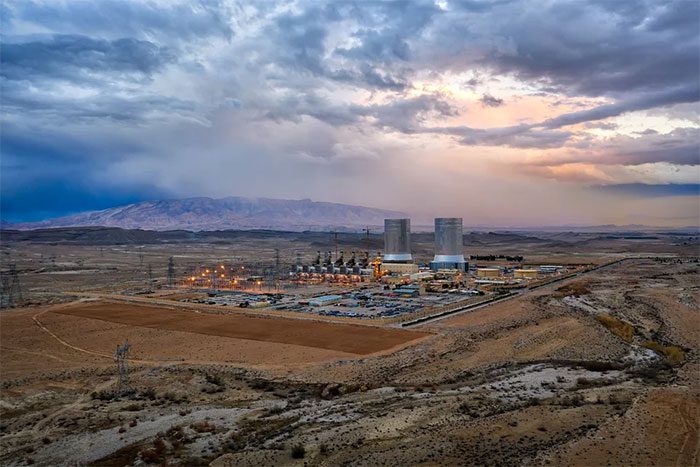
Photo: The Motley Fool.
Located in the same region, Iran and Qatar share abundant gas reserves. Iran’s natural gas reserves account for 16% of the world’s total, located in large gas fields in the Persian Gulf. Approximately 136.2 billion barrels are available in this country, accounting for over 10% of the world’s oil.
Their natural resources are valued at nearly $27.3 trillion.
7. Australia

Photo: Reader’s Digest.
Australia is a self-sufficient country, with much of its wealth derived from vast reserves of coal, copper, timber, and iron. It has abundant gold supplies, contributing 14.3% to the global supply, and its uranium reserves account for 46% of the world’s total supply.
Moreover, Australia has extensive offshore natural gas supplies, sharing some reserves with Indonesia.
8. Brazil
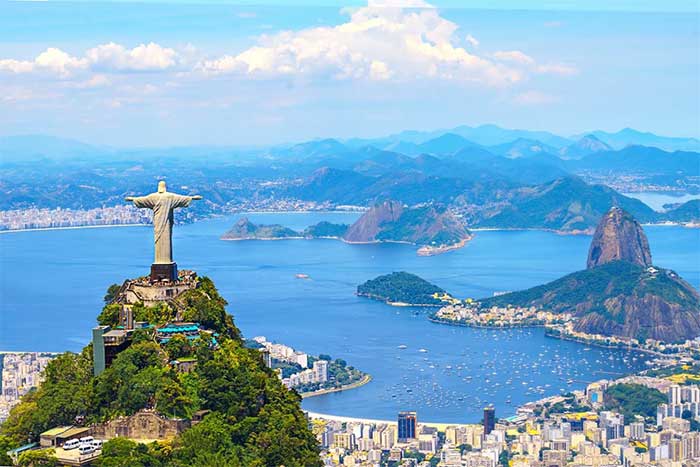
Photo: High Times Magazine.
Brazil is one of the countries with the largest reserves of uranium and gold. Additionally, it ranks second in iron production, and timber is also a highly valuable natural resource in this country. It provides nearly 12.3% of the world’s timber, valued at $17.45 trillion.
The total value of natural resources in Brazil is approximately $21.8 trillion. Recently, they discovered a large reserve of crude oil that could yield up to 44 billion barrels.





















































